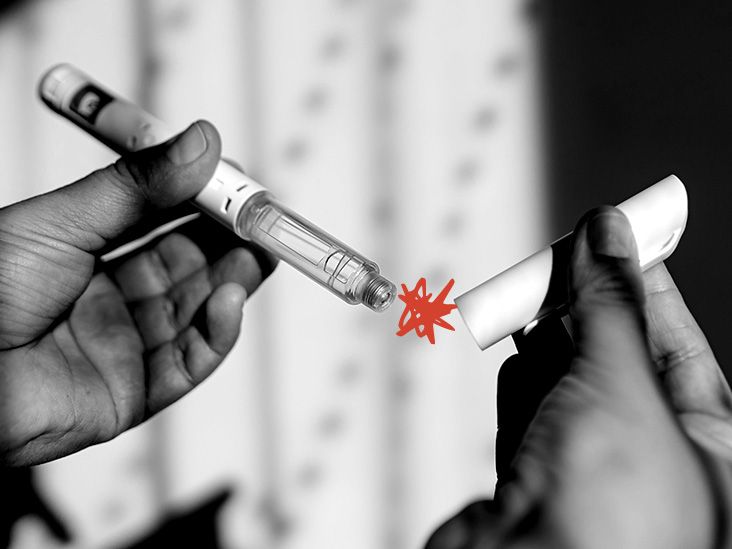During cognitive behavioral therapy (CBT) for alcohol use disorder (AUD), a person may discuss factors that contribute to their condition and learn alternative coping mechanisms.
AUD is a form of substance use disorder (SUD). Doctors may recommend a range of treatment options for AUD, including medications as well as counseling or behavioral therapies, such as CBT.
This article explores how CBT for AUD works and what the research indicates about its efficacy. The article also discusses when someone may need to consider speaking with a healthcare professional.

CBT for AUD involves two main components: functional analysis and skills training.
Functional analysis
During the functional analysis process of CBT, a person may speak with the therapist about the situations in which they have engaged in alcohol misuse. Together, the person and the therapist may work out the thoughts, feelings, and situations that lead to and follow episodes of alcohol misuse.
This may help someone gain a better understanding of their relationship with alcohol and identify situations in which they may experience coping difficulties. A person can then work with their therapist to develop a treatment strategy that helps them manage difficult emotions, thoughts, or situations.
For example, they may consider how short-term “positive” effects of drinking, such as feeling more comfortable in social situations, reinforce drinking behaviors. They may also discuss the potential negative long-term effects, such as problems at work or school.
During the functional analysis process, a therapist may ask the person about the last time they drank alcohol. They may ask questions about:
- what someone was doing before they drank
- how they were feeling before they drank
- whether anything positive happened after they drank
- whether there were long-term negative consequences
Skills training
People with AUD may drink alcohol because they feel it helps them manage or cope with difficulties.
During the skills training process of CBT, a person will work with a therapist to develop new coping mechanisms or problem solving skills. The therapist may help the person:
- find ways to change how they think about alcohol
- gain increased awareness about potential risks or triggers for alcohol misuse
- learn ways to tolerate and manage difficult emotions and trigger situations without misusing alcohol
- build more confidence in their abilities
- identify rewarding activities to replace drinking alcohol
- make plans to help prevent or respond to a return to alcohol misuse, such as identifying sources of social support
Overall, research indicates that CBT is an effective treatment for AUD.
Examples of this research include the following:
- A
2020 systematic review and meta-analysisTrusted Source indicates that CBT in combination with medication is effective for AUD and other SUDs. - A 2020 meta-analysis suggests that CBT for AUD and other SUDs is more effective than no treatment, minimal treatment, or nonspecific therapy.
- A 2023 review of research also highlights that healthcare professionals often use CBT in combination with other types of therapy and medications to effectively treat AUD. However, the authors state that further research into the topic is necessary.
- A
small 2024 randomized clinical trialTrusted Source involving people recovering from AUD found that a digital CBT program plus weekly monitoring helped increase the percentage of days people avoided drinking alcohol by over 50% during the 8 month study period.
While research suggests CBT is an effective treatment for AUD, people may still return to drinking alcohol on their journey to recovery.
However, this does not mean they have “failed” or cannot continue to receive treatment for AUD. A doctor can help a person continue with their recovery.
They may recommend the person tries slightly different treatments or a combination of treatments.
For example, they may suggest someone tries a different type of therapy or takes medications for AUD, such as naltrexone, acamprosate, or disulfiram.
Help is available
Seeking help for addiction may feel daunting or even scary, but several organizations can provide support.
If you believe that you or someone close to you is showing signs of addiction, you can contact the following organizations for immediate help and advice:
- Substance Abuse and Mental Health Services Administration (SAMHSA): 800-662-4357 (TTY: 800-487-4889)
- 988 Suicide & Crisis Lifeline: 988
Overall, research suggests cognitive behavioral therapy (CBT) is an effective treatment for alcohol use disorder (AUD). Functional analysis and skills training are the two principal components of CBT for AUD.
During functional analysis, a person may work with a therapist to explore the thoughts, feelings, and situations that lead to and follow episodes of alcohol misuse. Skills training may help them develop coping and problem solving skills as they recover from AUD.
If a person thinks they may have AUD or returns to alcohol use on their journey to recovery, a doctor can help.


